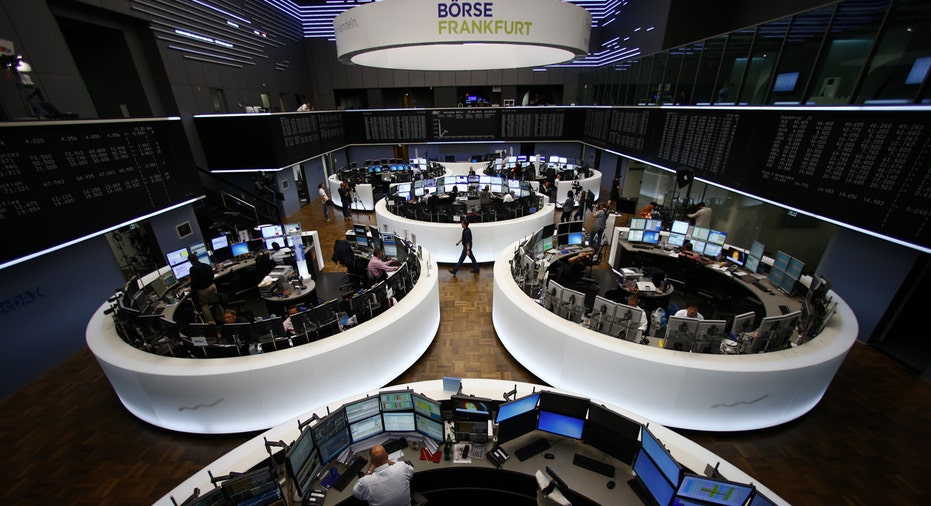Stocks Slide Amid Post-Brexit Fallout

Global stocks extended losses Wednesday while government bond yields in the U.S., U.K. and Japan hit record lows as a rebound following the U.K.'s vote to exit the European Union continued to unravel.
Futures pointed to a 0.6% opening loss for the S&P 500, following a 1.7% drop in the Stoxx Europe 600 and 1.9% drop in Japan's Nikkei Stock Average.
Recent falls in European bank shares and a spate of U.K. property fund suspensions have exacerbated uncertainty following Britain's June 23 referendum, puncturing a fragile recovery in risky assets such as stocks and oil.
Outside the U.K., "if global growth were accelerating, Brexit would be pretty much a non-issue," said John Canally, strategist at LPL Financial. "But because we're in a slow growth mode, Brexit has the potential to knock it off track," he said.
On Wednesday, Brent crude oil dropped 1.2% to $47.28 a barrel. The British pound fell to $1.2798 in Asian trading hours, its lowest level in more than three decades, while shares in Deutsche Bank and Credit Suisse fell to their lowest levels in over 20 years.
As investors sought havens, the yield on Japan's 20-year government bond fell below zero for the first time ever, while the yield on the 10-year U.S. Treasury note fell to 1.321%, a record low. 10-year gilts fell to 0.732%, also a record. Yields move inversely to prices.
Gold climbed to a two-year high and last traded at $1,374 a troy ounce.
U.S. stocks had rebounded for much of last week following initial losses after the referendum, spurring Wall Street's biggest weekly gain of the year.
But the S&P and Dow Jones Industrial Average both fell Tuesday when U.S. markets reopened from a holiday, as losses overseas added to investors' nerves ahead of minutes from the Federal Reserve's June meeting and Friday's U.S. jobs report.
Federal Reserve Bank of New York President William Dudley said Tuesday that the outlook for U.S. monetary policy is uncertain as the impact of the "Brexit" vote gradually becomes clearer.
"We are data-dependent. We'll see how it goes" for the economy, he said.
Minutes from the Federal Reserve's June 14-15 meeting are due at 2 p.m. EDT. Fed officials left interest rates on hold amid worries about a slowdown in hiring and the U.K. referendum, and the minutes are expected to offer hints about their views on the economy and potential impact of a "Brexit" vote.
Meanwhile, in Europe, "My focus is on the banks," said Hani Redha, portfolio manager at PineBridge Investments.
British asset managers blocking investors from pulling money out of real-estate funds "are one piece out of a whole mosaic of very disturbing data points that will start coming in," around the U.K., he said, but banks in Europe aren't particularly exposed to these funds, and it is primarily the financial sector that has potential for contagion.
In other currencies, China's authorities guided the yuan to its weakest level in almost six years. The yen, which tends to gain in times of market stress, rose to its highest level against the pound since the referendum. The dollar was last down 0.8% against the yen at Yen100.4850.
The stronger yen dragged down stocks in Japan while stocks in Australia and Hong Kong also finished with losses.
The Shanghai Composite Index, however, advanced 0.4%, led by gains in consumer staples.
--Jenny Strasburg and Michael S. Derby contributed to this article.
Write to Riva Gold at riva.gold@wsj.com



















